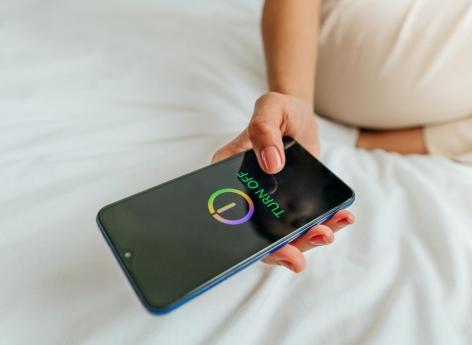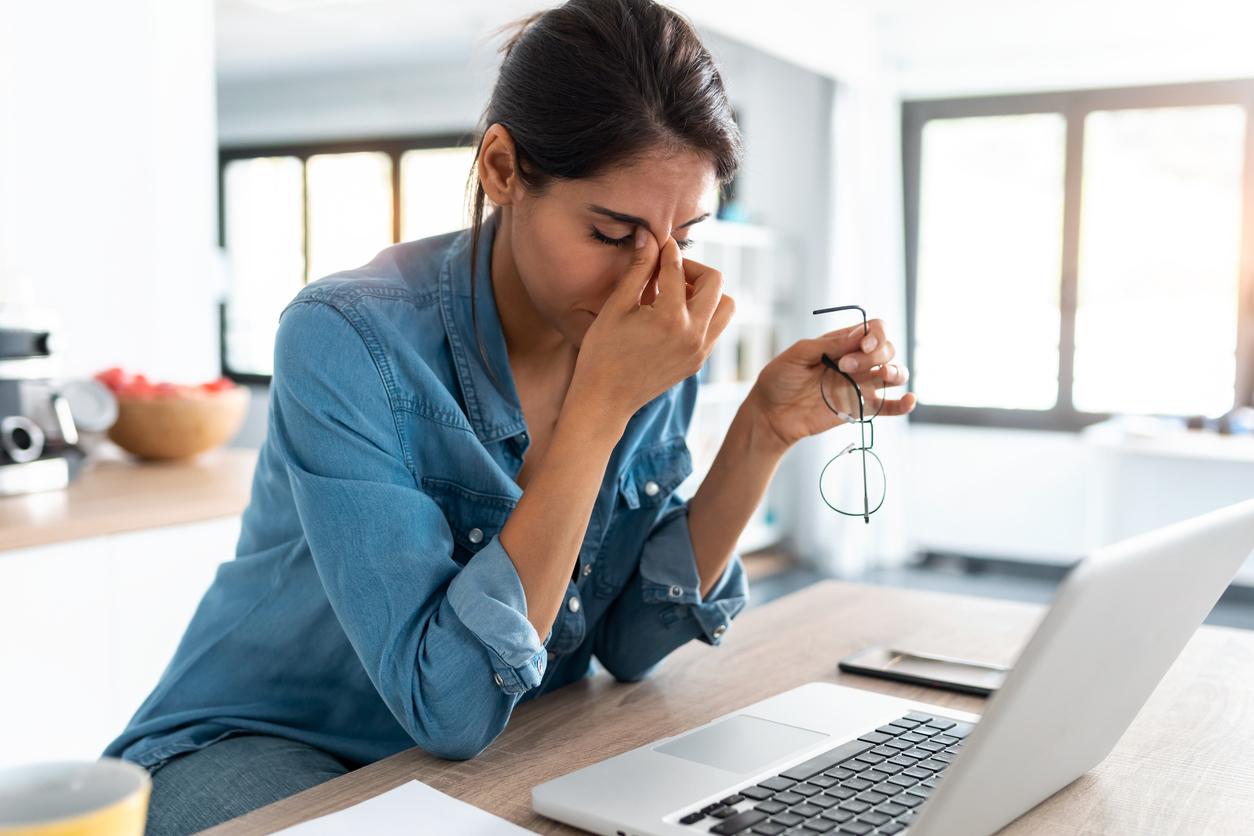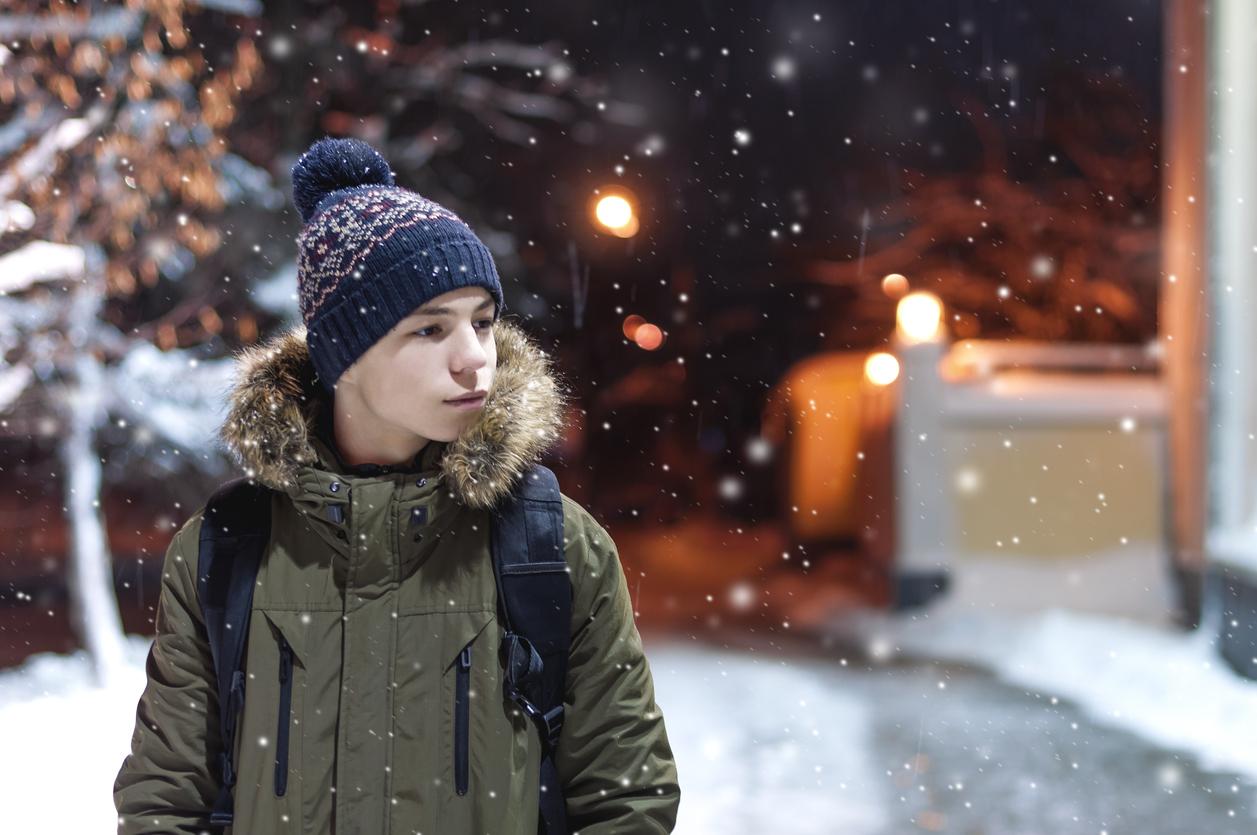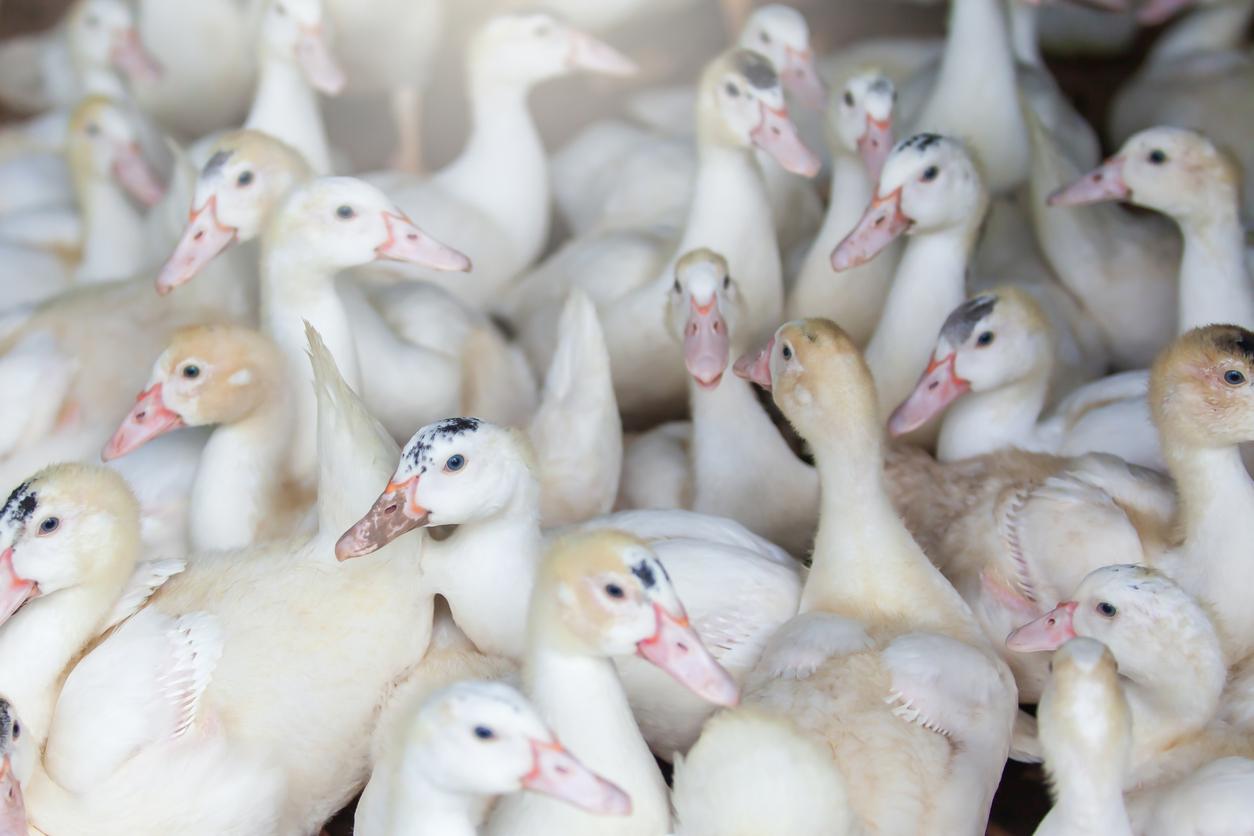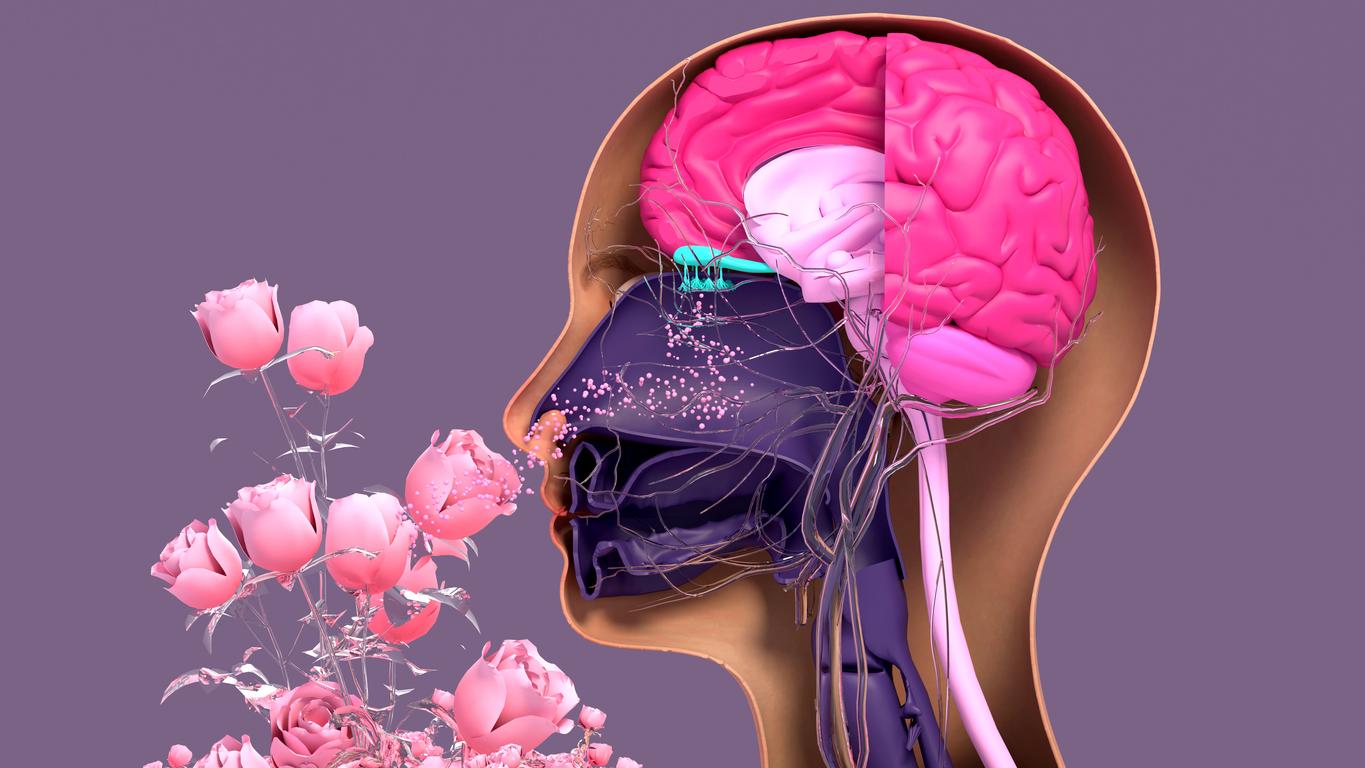Playful people have better supported the uncertainty of the Pandemic of COVID-19. Researchers understood the mechanisms that helped them to face the crises more serenely.

- Playful people have better supported the pandemic.
- The researchers have shown that they did not minimize the risks, but their character trait allowed them to solve their difficulties in a more creative way.
- Devining 5 to 10 min to fun and pleasant activities per day helps develop a more playful nature.
In addition to contamination and deaths, the COVVI-19 pandemic has also undermined the mental health of very many people. However, some have better supported this difficult period. And researchers at the State University of Oregon (USO) have discovered their particularity: they are playful in nature. And this character trait may be learned, according to a study published in Frontiers in Psychology.
“Understanding how playful people face adversity can shed light on interventions and strategies to help people deal with stress and uncertainty”explains Xiangyou Sharon Shen of USO and director of the health, environment and leisure research laboratory (HEAL). “This is particularly relevant at a time when we are faced with growing global challenges …”
Be playful helps solve problems in a more creative way
For this study attempting to understand the defense mechanisms of playful people, researchers brought together more than 500 adults living in the USA. They were divided into two groups: those with higher levels of cheerfulness measured by recognized tests, and those with lower levels. They all answered various questionnaires on the perception of their environment, their behaviors and their feelings during the COVID-19 epidemic.
“(Persons categorized played) shared similar perceptions of risk factors and protection than their less” players “peers, but showed greater optimism when they envisaged future possibilities, were committed to a resolution of more creative problems and managed to instill quality and pleasure in daily activities “specifies the director of the study in a press release. “They actively modified the difficult situations, found creative substitutes for what had been lost, considered obstacles as growth opportunities and preserved a strong feeling of control over their responses.”
Another observation: even if people of a positive nature did not necessarily make different or more frequent activities than the least playful, they lived them with more pleasure and intensity. “Their unique combination of realistic evaluation and flexible resolution of the problems turned out to be a powerful formula, offering a living demonstration of the way in which personality traits like being playful shape our responses to stress”indicates the researcher.

How to become more playful?
Beware of popular belief, playful people do not live in “a world of bisounours”. They have a bigger capacity to see the good side of things while relying on a “lucid realism”. Like the other participants, these optimistic volunteers were thus perfectly aware of the risks and challenges linked to the COVVI-19.
“Being of a playful nature does not deform reality, it improves it”estimates Professor Shen. “And even if our study focused on measurement rather than the development of playful, research suggests several approaches to cultivate this quality.”
For example, she advises:
- favor activities that arouse joy and curiosity;
- Be open to new experiences, including the experimentation of new ways of carrying out routine activities;
- Create spontaneous and unstructured exploration opportunities;
- Spending time with people who make you laugh and inspire you to play;
- Accept moments of stupidity and humor when appropriate.
“Of course, the interpretation of what is appropriate can vary, and knowing the limits makes the game more fun”adds the scientist. “The key to all this is to focus on the quality of the engagement rather than simply doing what one might call fun activities. The real pleasure of playing does not require playground, games or Toys. Thus, she advises to devote five to ten minutes a day to the games – whether solo or in a group – even in difficult and hectic periods.









